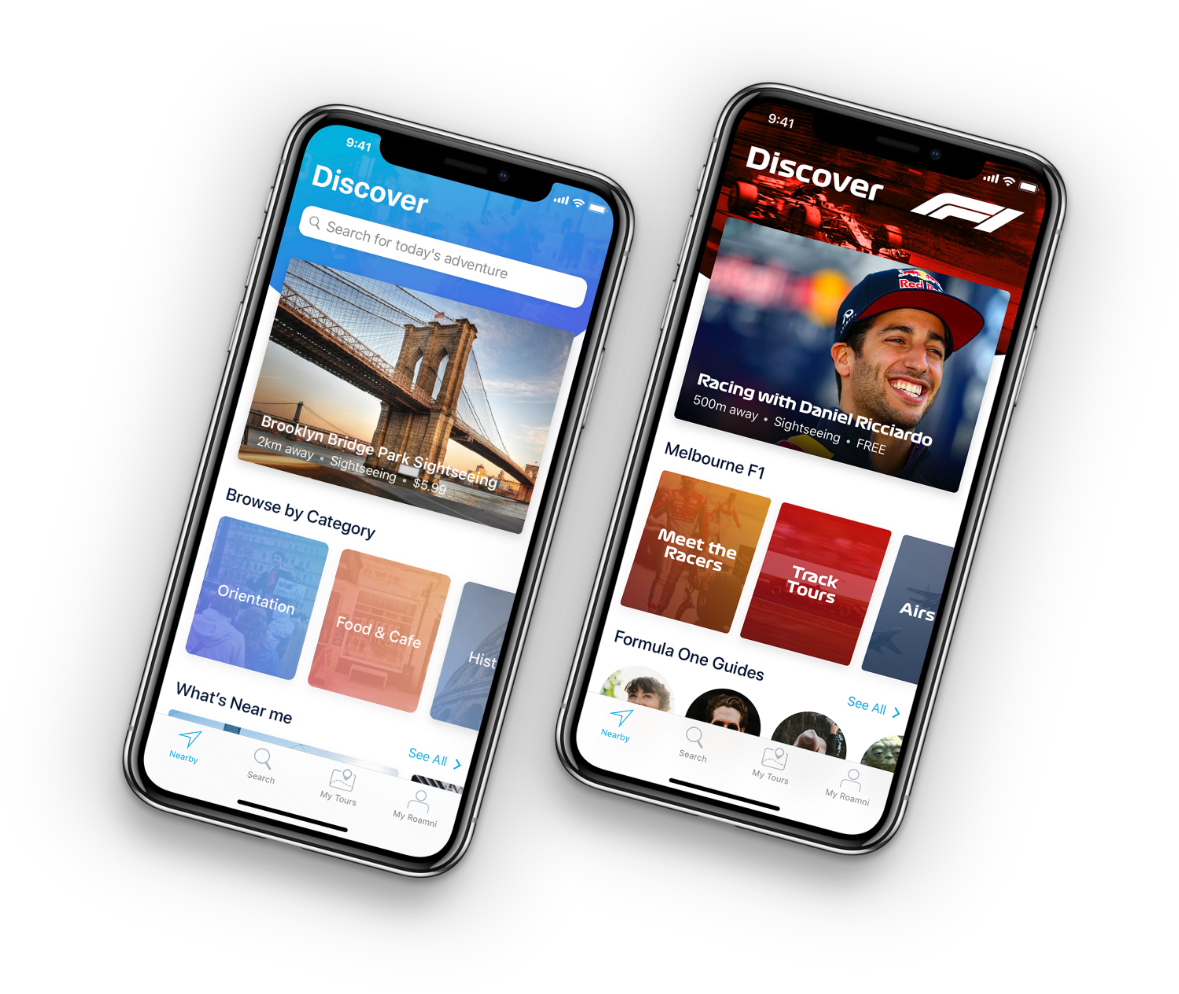What Is an Accelerator Program (and Is It for You?)

It seems that San Francisco remains the #1 city in the world for startup accelerators. That’s not surprising, though.
Known as the mecca of startup companies, it is also the birthplace of some of the popular tech companies that pursued digital innovation to make our lives easier, such as Airbnb and Dropbox.
But what you don’t know is that behind Airbnb’s success, for example, is a compelling story of transformation, perseverance, and a serendipitous dinner with Justin Kan and Michael Seibel—which led them under the wings of Y Combinator, a well-established startup accelerator program.
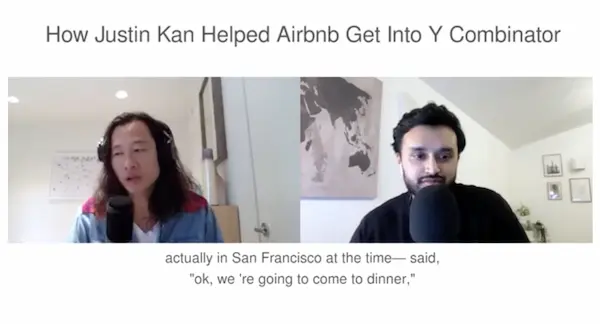
Source: YouTube | Video How Airbnb Got Into Y Combinator
If you’re considering joining an accelerator program, then you’re in the right place. This article will help you decide if you should take the giant leap of faith for your startup.
- What is an accelerator program?
- What’s the difference between an accelerator program and an incubator program?
- What are some examples of accelerator programs?
- How do I join an accelerator program?
What is an accelerator program?
A startup accelerator is a fixed-term, cohort-based program that provides startups with mentorship, resources, and funding to scale their growth rapidly. It typically includes educational components and culminates in a public pitch event or demo day, where startup founders present to potential investors and stakeholders.
If you’re an aspiring startup founder, imagine your startup like a baby bird—cute, full of potential, but not quite ready to fly. A startup accelerator is the mama bird that takes you under its wing, gives you the juiciest worms (that’s mentorship, resources, and funding), and teaches you to fly high in the entrepreneurial sky.

Source: Unsplash
In just a few short months, you’ll go from a fledgling with a brilliant idea to a soaring startup ready to conquer the world. Think of it as a business boot camp with a dash of speed dating for investors.
The juiciest worms are where it gets interesting. The accelerator program experience isn’t a walk in the park–it’s all about grit, hard work, and willingness to fail and pivot fast. But it would be remiss for you if you don’t work shoulder-to-shoulder with high-profile investors and serial entrepreneurs like Paul Graham of Y Combinator and Brad Feld of Techstars.
If you’re working on your pitch, this guide on how to create a pitch deck will help you nail down a pitch that will wow investors.
What’s the difference between an accelerator program and an incubator program?
Being labeled as a founder or co-founder looks attractive, but getting into the startup ecosystem is tricky when you don’t have the right support and mentorship. This is where an accelerator program and incubator program comes into play.
Both offer valuable support, but they cater to different needs and stages of your company.
| Feature | Accelerator program | Incubator program |
|---|---|---|
| Duration | Short-term, typically 2 to 6 months | Long-term, often 1 to 2 years or more |
| Focus | Rapid growth and scaling, achieving product-market fit | Nurturing early-stage ideas, building a strong foundation |
| Resources provided | Mentorship, resources, seed funding, demo day | Mentorship, office space, network access |
| Stage of startups | Startups with a product or minimum viable product ready to scale | Early-stage startups at the ideation phase |
1. Duration: short-term vs long-term
Lasting two to six months, an accelerator program is short-term designed for rapid growth and quick startup scaling. In contrast, an incubator program is long-term, often spanning from one to two years or more. It focuses on nurturing early-stage ideas over a long period of time.
2. Focus: intense vs relaxed
If you want fast-paced and intense, the accelerator program is for you. It focuses on achieving product-market fit and preparing for investment. The latter is a more relaxed, supportive environment. It focuses on helping you (if you’re an early-stage startup) develop your business ideas from scratch for a stronger foundation.
3. Resources provided: funding vs office space and network of entrepreneurs
In an accelerator program, the environment is brimming with mentorship, resources, and seed funding. You also receive guidance from industry experts, access to office space, and technical support.
An incubator program also offers these, but funding isn’t a priority. Most often, startup incubators are more likely to focus on long-term development and sustainability.
4. Stage of startups supported: with MVP vs early ideation
Geared towards startups that are past the ideation phase and have a working prototype or a minimum viable product (MVP) app, an accelerator program is ideal for businesses looking to scale quickly and secure further investment. In contrast, if you’re still in the ideation stage and thinking if that’s a viable business model, an incubator program is the answer.
You can read about some of the MVP examples we have written to get more inspiration for your business.
My take here is that a startup incubator supports early-stage innovative startups by providing a physical space where startups can present their ideas and collaborate. However, the accelerator program, as the name itself, is more about speed and intensity. Whoever wants to dip its toes here aims to attract venture capital firms looking to invest in high-potential opportunities. Often, these people are hungry for intense mentorship from experienced entrepreneurs.
Want to make sure you’re always ready for networking? Founders with smart business cards effortlessly share their pitch decks and startup metrics during these networking sessions, turning brief mentor interactions into data-rich connections that often lead to valuable long-term relationships and successful funding rounds.
What are some examples of accelerator programs?
Billion-dollar valuations. IPOs. Media coverage. Sales. ROIs.
These are big words for startup founders. And perhaps they wish for either one, two, or even more of these, aside from the impact they will contribute. Those who joined accelerator programs have actually produced results and have gone from hardship to success. But it wasn’t an easy ride.
Let’s take a look at some of the examples of accelerator programs and the companies they have nurtured.
1. Y Combinator: Airbnb, Dropbox, and Coinbase
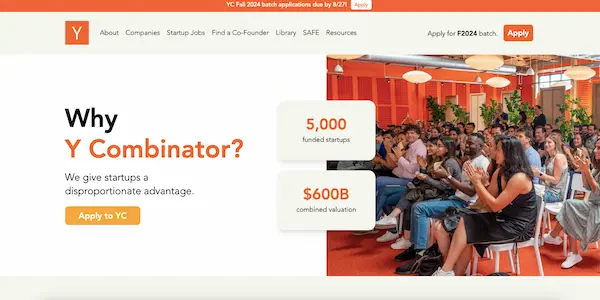
Source: Y Combinator
Y Combinator is a Silicon Valley-based startup accelerator known for its rigorous application process. In exchange for equity, it provides seed funding, advice, and networking opportunities.
With a strong focus on innovation, this accelerator program is known for supporting early-stage technology startups. It has nurtured several successful companies, including Airbnb, Dropbox, Coinbase, and Reddit, which have become major players in their respective industries.
What sets Y Combinator apart is its extensive alumni network and the strong community it fosters among its startups. The program culminates in a Demo Day, where startups present to a room full of investors, offering significant exposure and funding opportunities.
2. Techstars: Digital Ocean, Remitly, and SendGrid
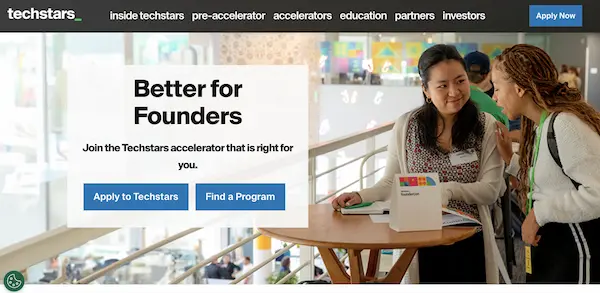
Source: Techstars
Techstars is a global accelerator that offers mentorship, funding, and resources to startups through both in-person and virtual programs worldwide. Like Y Combinator, it also excels in supporting tech startups and offers custom programs based on their backgrounds and stages.
This accelerator program serves startups like Digital Ocean, Remitly, and SendGrid, which are ready to scale and benefit from intensive mentorship and established networking opportunities. The community-building and extensive network of mentors and alumni make it a unique, impactful accelerator.
Notable successes include companies like EverTrue, a higher education SaaS company that raised a $1.3 million seed round after completing the program and later closed a $5.2 million Series A round in 2011.
3. 500 Global: Udemy and Credi Karma
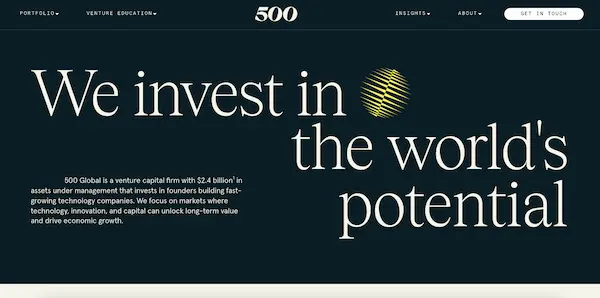
Source: 500 Global
500 Global, formerly 500 Startups, is a venture capital firm and startup accelerator offering funding, mentorship, and support to early-stage companies. With its extensive investments and diverse portfolio, 500 Global focuses more on supporting startups in emerging markets.
What sets the firm apart is its commitment to diversity and inclusion, investing in a wide array of industries and regions. With a portfolio that includes over 2,800 companies worldwide, notable successes such as Canva (Australia), Cars 24 (India), and SkyMavis (Vietnam) highlight its impact and effectiveness.
The firm’s extensive global network further strengthens its ability to support startups, making it a significant player in the startup arena.
🚀 If there’s one thing that I see and observe about these successful companies, it’s that they have mentorship and a community to help them achieve their goals. They can achieve more when they work together with other people who know the ropes of the trade and guide them along the way.
I’m also reminded of Claudia Dean World’s app success story. The founder doesn’t have a technology background, but her app idea was developed and came alive when she partnered with Appetiser Apps.
Claudia, a former Australian Ballet star, envisioned an app to help future dance superstars reach their potential and partnered with Appetiser Apps to bring it to life.
Source: YouTube
Our app designers and app developers worked hard on the design and development process that prioritized a seamless user experience, leading to an expedited launch using our in-house engineered baseplate.
🚀 The results? The app achieved trending status and 10,000 downloads within the first week, with a 4.9-star rating from over 200 reviews on the Apple App Store.
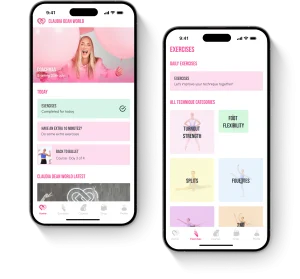
Claudia Dean’s story only shows that if you want to achieve beyond what you can imagine, you need experts to guide you believe in your vision 100%, and always have your back.
Ready to scale and grow big? The next section gives you an overview of how to join an accelerator program.
How do I join an accelerator program?
Unless you have a serendipitous dinner with Justin Kan and Michael Seibel, you’re better off going through the rigorous standard process to manage your expectations.
Here’s what the general application process looks like below.
Source: YouTube
Application process
- Submission. You submit an application detailing your business idea, team, market opportunity, and traction.
- Screening. Applications are screened to shortlist promising startups.
- Interview. Shortlisted startups are invited for interviews to assess their potential.
- Final selection. Final participants are selected based on set criteria.
Selection criteria
- Innovative idea. The uniqueness and feasibility of the business idea.
- Market potential. The size and growth potential of the target market.
- Team capability. The skills, experience, and commitment of the founding team.
- Traction. Evidence of market demand, such as customer feedback, early sales, or partnerships.
🚀 Keep in mind that this is the general process. Accelerator programs may have specific requirements and steps, so be sure to check the website of your preferred accelerator program for more intricate details.
Gain traction with your app idea
Startup accelerators play an indispensable role in the entrepreneurial ecosystem by providing the necessary resources, mentorship, and networking opportunities. They foster innovation and business growth for early stage companies and even for established startups.
Ultimately, startup accelerators are instrumental in helping entrepreneurs turn their innovative ideas into successful businesses We’ve seen time and time again how having the right support can make all the difference.
Get started today and see your app reach new heights with the unique resources and expert guidance from our product strategists.

Maria Krisette Lim is a Content Marketing Specialist with 14 years of experience producing web and print ad content. Krisette has a BSBA degree, major in Business Management and Entrepreneurship. When she’s not tinkering with words and punctuation, she’s either curled up with a book while sipping hot tea, playing with her toddler, or tinkering with website builders.


